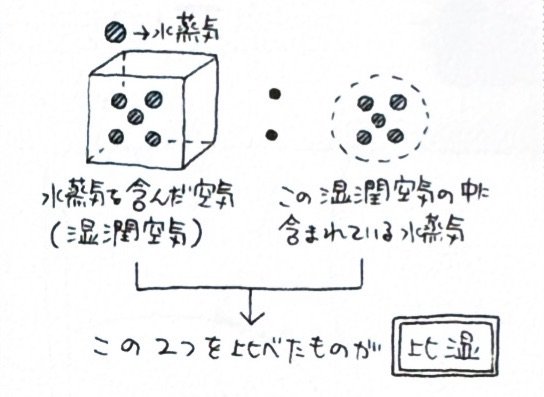Sublime
An inspiration engine for ideas
mono no aware. This Japanese term, which literally means ‘pathos of things’, describes the deep emotion that is evoked when we are touched by nature, art or the lives of others with an awareness of their transience. It also refers to the essence of things and our ability to feel that essence.
Marie Kondo • Spark Joy: An Illustrated Guide to the Japanese Art of Tidying
attainment. To call him a tathagata, or one who appears as he truly is, is to indicate his nature.
Red Pine • The Diamond Sutra: The Perfection of Wisdom

This haiku is a deep reflection on the truth of reality, which is by nature transient and fleeting. When we are unable to accept this truth we become distressed. However, recognition of this truth could at least bring a sense of poignancy to all of us human beings, who inevitably experience and witness it. There is even an aesthetic of this
... See morePatricia Donegan • Haiku Mind: 108 Poems to Cultivate Awareness and Open Your Heart
As we apprentice ourselves to the way of nature, we begin to understand that all of life is in a continuous cycle of giving and receiving. It is the honouring of this cycle that makes us feel at home in ourselves and in relation to the rest of nature. In order to experience true belonging, we must not only acknowledge the gifts we are receiving,
... See moreToko-pa Turner • Belonging: Remembering Ourselves home
- Li shih wu ai,e “between principle and thing no obstruction,” which is to say that there is no incompatibility between nirvana and samsara, void and form. The attainment of the one does not involve the annihilation of the other. 4. Shih shih wu ai,f “between thing and thing no obstruction,” which is to say that each “thing-event” involves every
Alan W. Watts • The Way of Zen
Because tathata is the true state of a Buddha and of all beings whatsoever, it is also referred to as our true or original nature, and thus our “Buddha nature.”
